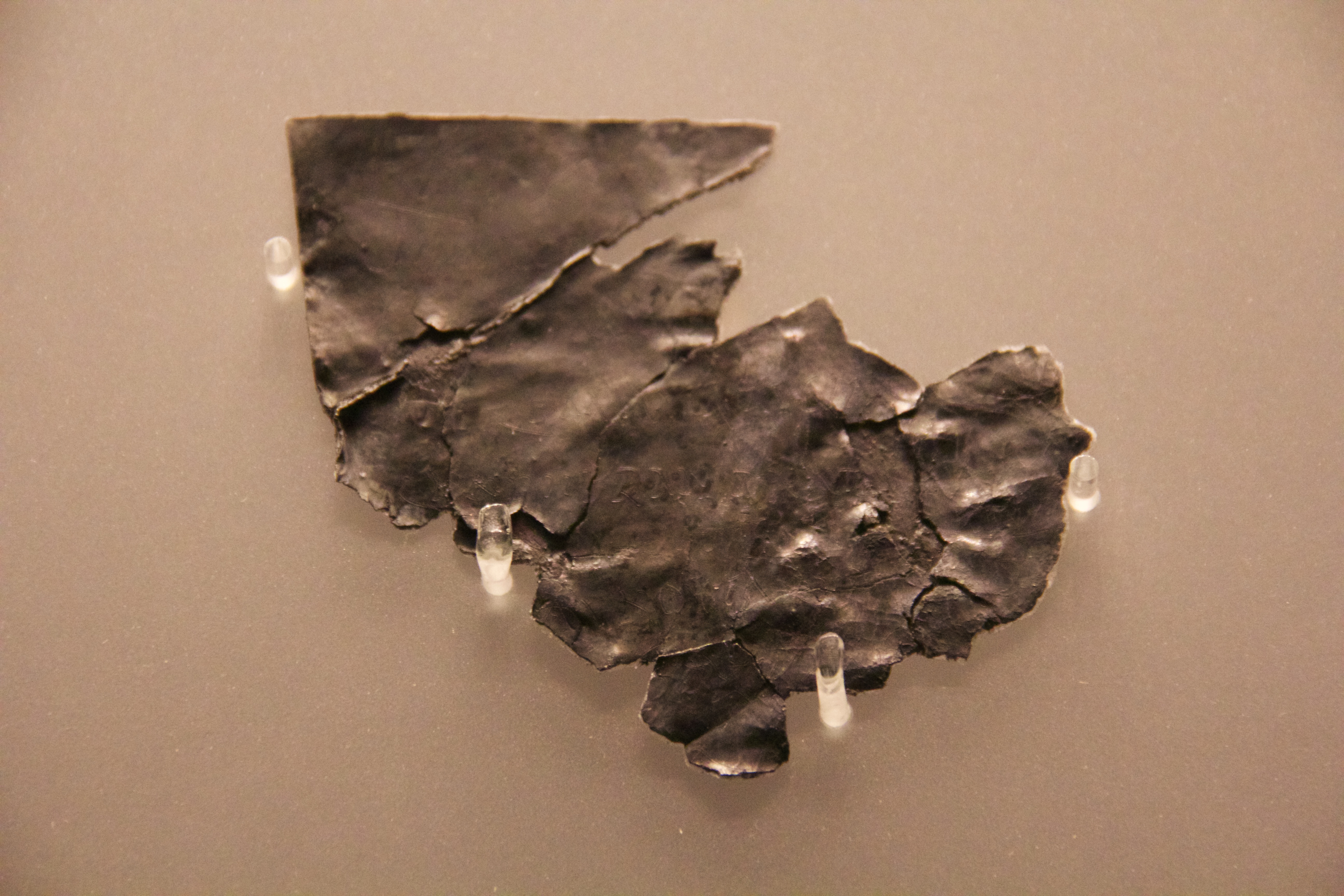|
Olchard
Olchard is a village in Devon, England. Etymology The name of Olchard is first clearly attested in 1765. However, Oliver Padel has argued that surnames of local people attested as early as 1332 as ''Tolchet'' evidence an earlier form of this name (with the ''t''- later being lost due to misanalysis of the phrase "at Tolchet" as "at Olchet"). He analyses this as deriving from Common Brittonic Common Brittonic (; ; ), also known as British, Common Brythonic, or Proto-Brittonic, is a Celtic language historically spoken in Britain and Brittany from which evolved the later and modern Brittonic languages. It is a form of Insular Cel .... It seems to comprise the words found in modern Welsh as ("hole, cave") and ("woodland"), the name being paralleled by several Welsh places called ''Tyllgoed'', the Cornish place-name ''Tolgus'', and the now-lost Breton place-name ''Toulgoat''. References Villages in Devon Devon places with etymologically Brittonic names {{Devon- ... [...More Info...] [...Related Items...] OR: [Wikipedia] [Google] [Baidu] |
Devon
Devon ( ; historically also known as Devonshire , ) is a ceremonial county in South West England. It is bordered by the Bristol Channel to the north, Somerset and Dorset to the east, the English Channel to the south, and Cornwall to the west. The city of Plymouth is the largest settlement, and the city of Exeter is the county town. The county has an area of and a population of 1,194,166. The largest settlements after Plymouth (264,695) are the city of Exeter (130,709) and the Seaside resort, seaside resorts of Torquay and Paignton, which have a combined population of 115,410. They all are located along the south coast, which is the most populous part of the county; Barnstaple (31,275) and Tiverton, Devon, Tiverton (22,291) are the largest towns in the north and centre respectively. For local government purposes Devon comprises a non-metropolitan county, with eight districts, and the Unitary authorities of England, unitary authority areas of Plymouth City Council, Plymouth an ... [...More Info...] [...Related Items...] OR: [Wikipedia] [Google] [Baidu] |
Oliver Padel
Oliver James Padel (born 31 October 1948 in St Pancras, London, England) is an English Medieval studies, medievalist and Toponymy, toponymist specializing in Welsh and Cornwall, Cornish studies. He is currently Honorary Research Fellow in the Department of Anglo-Saxon, Norse and Celtic, University of Cambridge, Department of Anglo-Saxon, Norse, and Celtic in the University of Cambridge, and visiting professor of Celtic at the University of the West of England. Biography Padel was born in 1948, the son of John Padel, John Hunter Padel and his wife Hilda (née Barlow), daughter of Sir Alan Barlow, 2nd Baronet and his wife Nora Barlow, Nora, (née Darwin), through whom he is a great-great-grandson of Charles Darwin. His older sister is the poet Ruth Padel. He was educated at University College School, Hampstead, and Peterhouse, Cambridge, whence he graduated with a BA in Anglo-Saxon, Norse and Celtic in 1970. He was subsequently awarded an M.Litt. for his thesis on the inscriptio ... [...More Info...] [...Related Items...] OR: [Wikipedia] [Google] [Baidu] |
Common Brittonic
Common Brittonic (; ; ), also known as British, Common Brythonic, or Proto-Brittonic, is a Celtic language historically spoken in Britain and Brittany from which evolved the later and modern Brittonic languages. It is a form of Insular Celtic, descended from Proto-Celtic, a theorized parent language that, by the first half of the first millennium BC, was diverging into separate dialects or languages. Pictish is linked, most probably as a sister language or a descendant branch. Evidence from early and modern Welsh shows that Common Brittonic was significantly influenced by Latin during the Roman period, especially in terms related to the church and Christianity. By the sixth century AD, the languages of the Celtic Britons were rapidly diverging into Neo-Brittonic: Welsh, Cumbric, Cornish, Breton, and possibly the Pictish language. Over the next three centuries, Brittonic was replaced by Scottish Gaelic in most of Scotland, and by Old English (from which descend M ... [...More Info...] [...Related Items...] OR: [Wikipedia] [Google] [Baidu] |
Villages In Devon
A village is a human settlement or community, larger than a hamlet but smaller than a town with a population typically ranging from a few hundred to a few thousand. Although villages are often located in rural areas, the term urban village is also applied to certain urban neighborhoods. Villages are normally permanent, with fixed dwellings; however, transient villages can occur. Further, the dwellings of a village are fairly close to one another, not scattered broadly over the landscape, as a dispersed settlement. In the past, villages were a usual form of community for societies that practice subsistence agriculture and also for some non-agricultural societies. In Great Britain, a hamlet earned the right to be called a village when it built a church.-4; we might wonder whether there's a point at which it's appropriate to talk of the beginnings of French, that is, when it wa ... ''village'', from Latin ''villāticus'', ultimately from Latin ''villa'' (English ''villa''). Ce ... [...More Info...] [...Related Items...] OR: [Wikipedia] [Google] [Baidu] |

